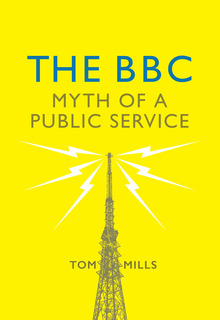Now more than ever: Academic conferences need to embrace the digital age!
Under the impression of recent political developments in the US, major academic associations have started to respond to the challenge of how to hold their annual mega-conferences in an age of travel insecurities. The International Communication Association (IC A) already sent out a clear statement that they are looking at ‘alternative platforms’ to engage with scholar who cannot or do not want to travel to the United States or more generally under current visa insecurities. ICA shares concern re impact of exec orders on ability of ALL colleagues to attend #ica17 . We are working on alt platforms for participation — IntCommunicationAssn (@icahdq) January 29, 2017 The A merican Anthropological Association (AAA) issued a strong statement against travel bans , but with no reference to alternative forms and approaches to hold meetings. And all I nternational Studies Association (ISA) could come up with so far was to urge participants to join them in Baltimore later in Februar...
